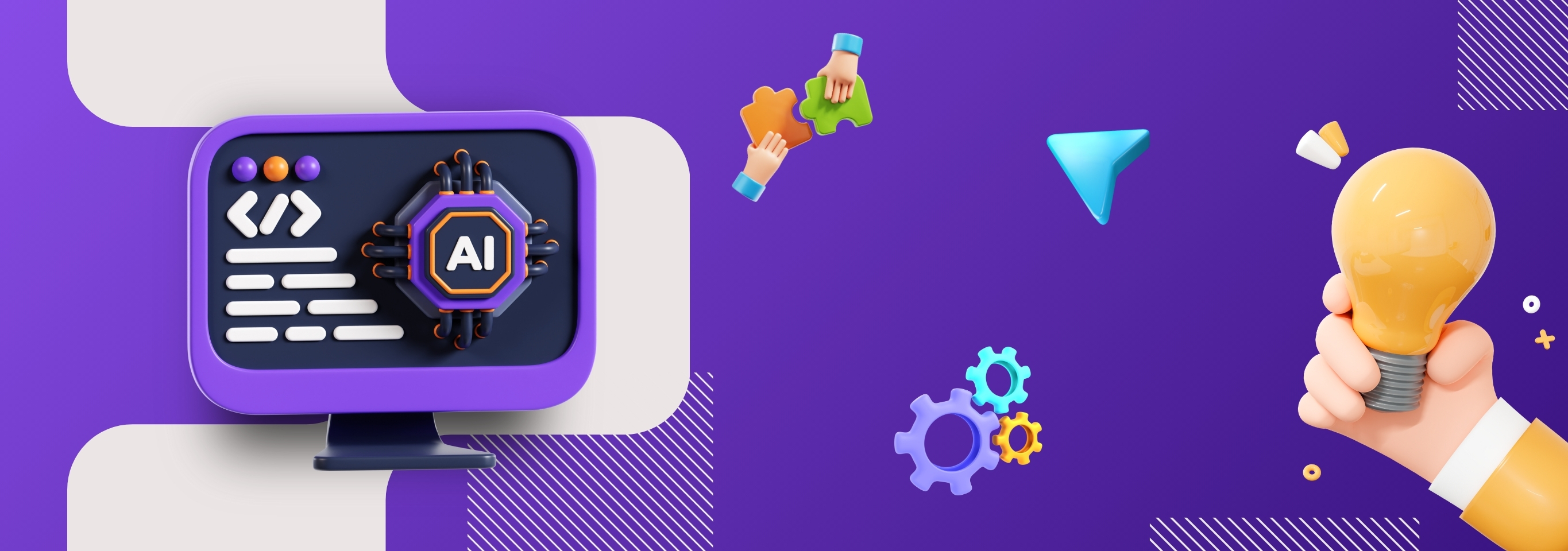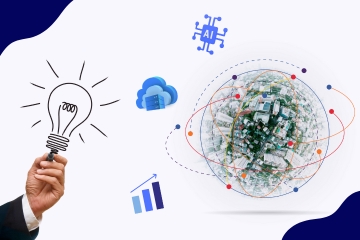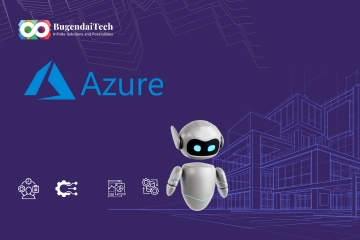Introduction
The present-day engineering era has been undergoing a revolution in that there are plenty of Artificial Intelligence(AI) incorporations. Traditionally, engineering relied on well-established theories and careful planning. Modern engineers today can make robust systems with potential capabilities exceeding those imagined by the designers, thus enabling them to go beyond blueprints for greater efficiency, accuracy, and creativity. AI brings a more data-driven and dynamic approach to engineering that is revolutionizing the field.
How does AI help in design optimization?
One of the most important contributions of AI in engineering is design optimization. Traditional design processes often necessitate iterative cycles of prototyping and testing, which can be expensive and time-consuming. AI algorithms using machine learning can rapidly analyze vast volumes of data to find optimal designs faster. Such algorithms simulate and evaluate numerous design options considering factors such as materials, stress distribution, thermal properties, and aerodynamics.
For instance, generative design is one of these innovative applications that allows engineers to specify their desired outcomes and constraints for its use. The AI then proceeds to give different designs according to several criteria, often leading to unique, unconventional innovations.
What is Predictive Maintenance and Operational Efficiency?
Beyond AI-powered design optimization, AI has more applications in the operational phase of engineering projects. Predictive maintenance is an AI-based technology changing how infrastructure and machinery are managed. Rather than following a regular timetable or responding to failures as they happen, traditional maintenance schedules are set up in response to failure modes. Compared to this, predictive maintenance with AI uses real-time data from equipments embedded sensors to project when maintenance will be required.
Machine learning models predict possible failures even before they occur by analyzing patterns and anomalies in the data. This method reduces downtime and maintenance costs while also prolonging the machines life span. It is, for instance, applied in the aerospace industry, where it monitors airplane engines health continuously and hence predicts issues earlier than causing catastrophic failures, guaranteeing the safety and dependability of flights.
How to enhance processes in construction?
AIs capabilities are also helping the building industry. AI-backed tools are bettering project management, resource allocation, and risk assessment. Construction site survey drones with AI can be used to monitor projects and obtain accurate information that facilitates tracking progress, identifying deviations from plans, and detecting any safety issues that may arise at construction sites.
Furthermore, scheduling and logistics can be optimized using AI algorithms to ensure efficient utilization of materials and labor. This results in cost savings for the firm since resources will not be wasted, thus reducing building timelines. In large-scale projects where the coordination of numerous tasks and resources is complex, AI can significantly improve productivity and minimize delays and budget overruns.
Why is AI-based Quality Control/Assurance important in engineering?
AI-based Quality control during engineering is essential for products to meet required standards or specifications. To enhance quality assurance processes, inspections driven by AI systems have been increasingly adopted. These systems rely on computer vision for quality control and machine learning techniques to inspect components and assemblies more accurately than human inspectors.
For instance, in manufacturing, AI aids in locating particular microscopic defects that cannot be seen without magnification by humans. This level of precision ensures higher-quality products.
What will be the future of AI in engineering?
Let us understand Quantum computing and AI in engineering.
The use of AI in engineering will only continue to grow as technology advances. The emergence of technologies like quantum computing and advanced neural networks can further enhance AI. Engineers are leaning more on AI for optimization and efficiency, but they also need it for invention and creativity.
AI in engineering must grapple with its ethical and social implications. It is important to ensure that AI systems are transparent, impartial, and secure. Additionally, engineers must be taught how to work with AI by understanding its limitations and potential biases in using it properly.
Conclusion
Through blueprints, AI has changed engineering forever, opening possibilities hitherto unimagined in design, maintenance, construction, or quality control. With AI at their disposal, engineers can break new ground on innovation and effectiveness, thus steering future projects towards being not only impactful but also creative enough to be called visionary. Today, as we stand on the edge of this new era, there is hope that a smarter and more resilient world lies ahead when the convergence of AI and engineering happens.






Comments